What is your favorite memory from your Duke Immerse Sustainability: Ocean-Based Solutions program experience?
One of my favorite memories from Duke Immerse was touring a salmon farm on our hands-on learning trip in the Faroe Islands. Being out on the water, surrounded by the islands’ distinct cliffs and open sea, was refreshing and gave me a unique look at the aquaculture process.
The locals who ran the farm were friendly and knowledgeable, explaining how they maintained the salmon’s health and managed the ecosystem around the farm. The whole experience was a great mix of learning about sustainable aquaculture in an impressive setting.
What was a class activity that stood out to you during your program?
A class activity that really stood out to me during my program was the opportunity to work on an independent study. I had the chance to dive deep into a topic I’m passionate about and shape my research direction with guidance from my advisor.
It was rewarding to set my own goals and explore specific questions that interested me, all while getting one-on-one support and feedback. This experience made learning feel more hands-on and relevant, as I could directly apply what I was studying to my project.
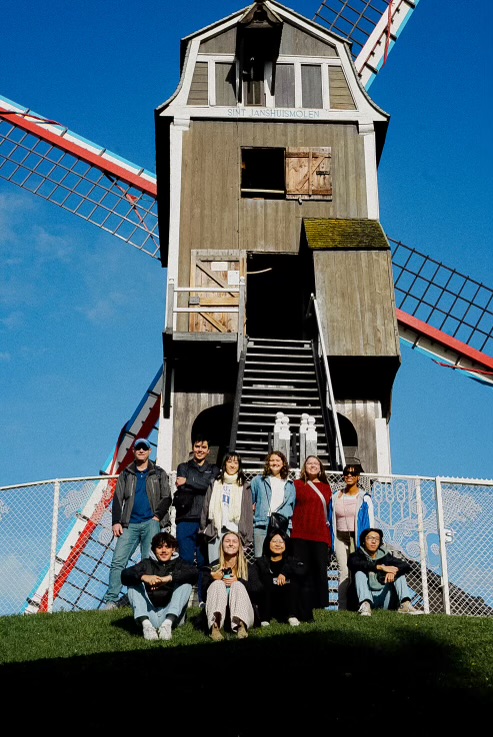
Why did you decided to do this program?
I decided to do this program because it offered the hands-on, practical experience I was looking for. Instead of just reading about topics in textbooks, I had the chance to travel, work directly on real-world applications, and see the concepts we discussed in action.
Being part of a community of like-minded people with similar interests added a lot to the experience; we collaborated closely throughout the semester, which made the learning environment both supportive and motivating. Plus, the close connection with faculty who led the program meant I could learn from their expertise in a more interactive and meaningful way.
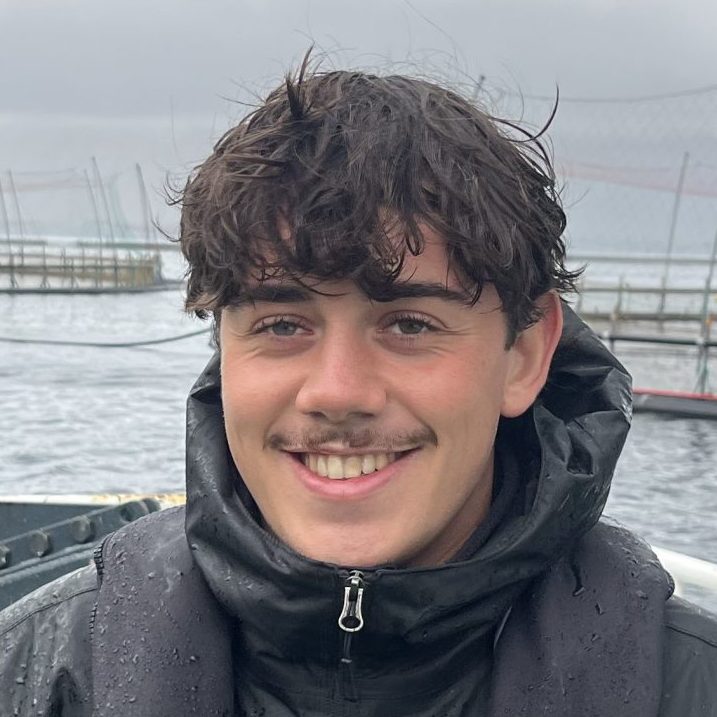
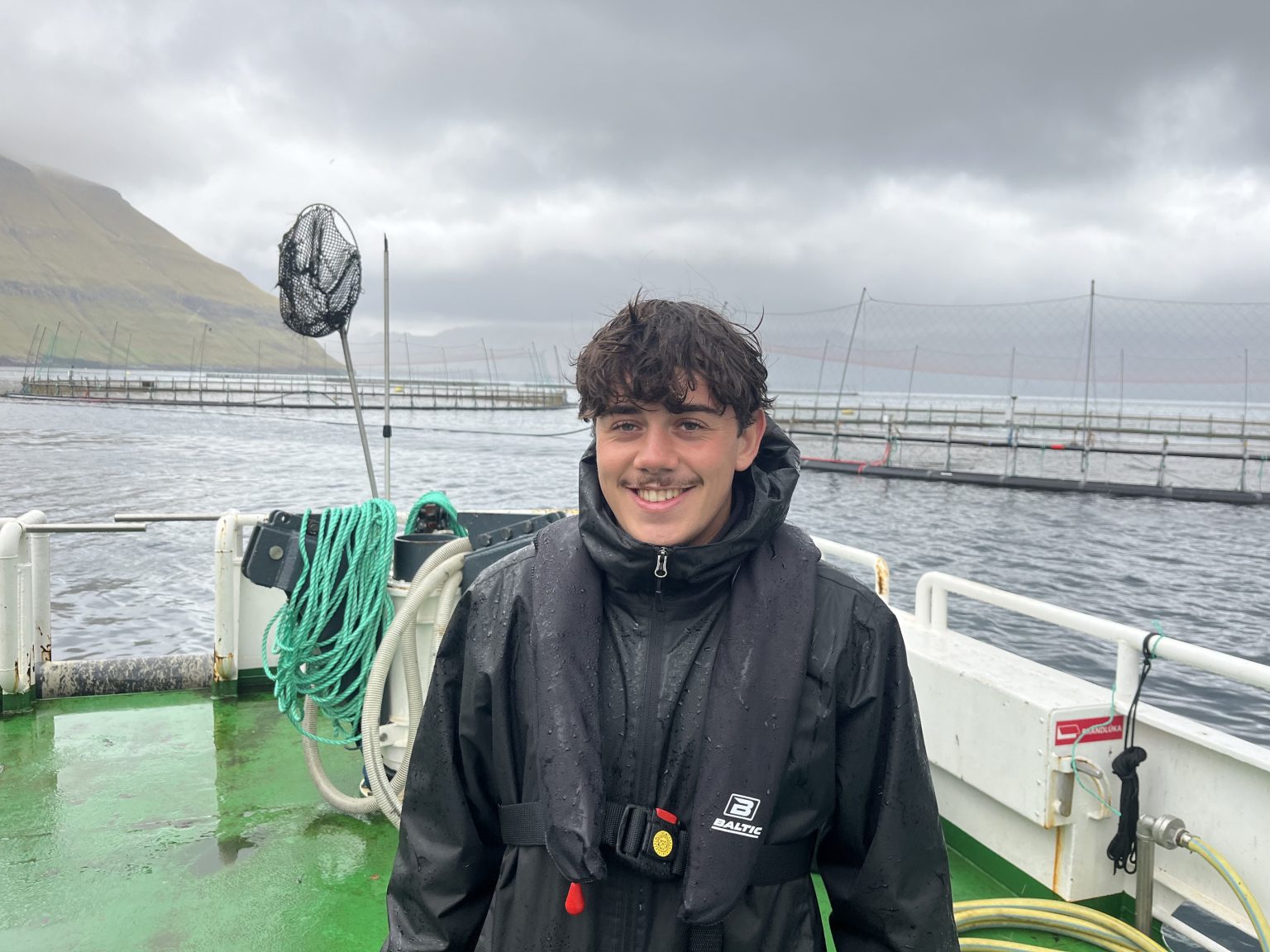
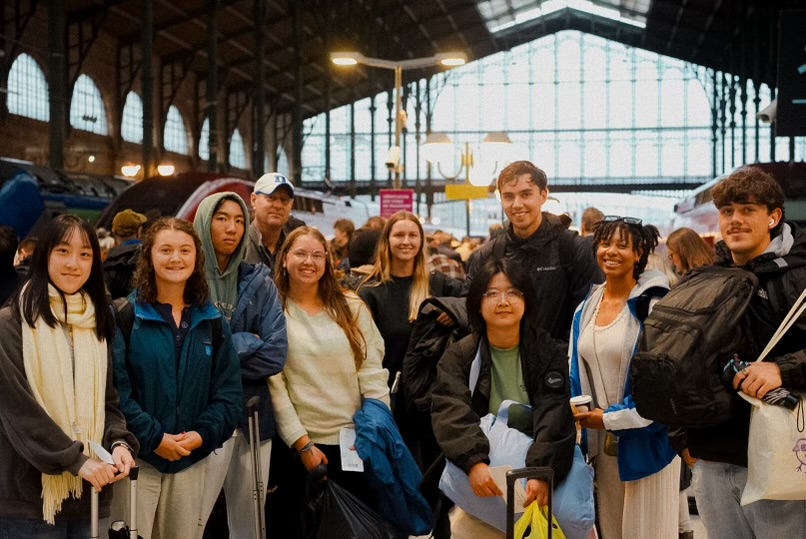
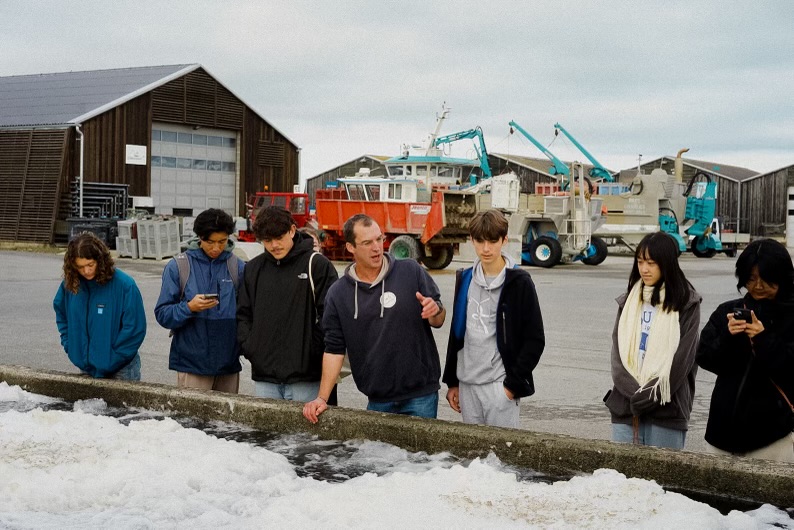
How did your skills or knowledge change after doing this program?
After completing this program, my understanding of ocean solutions evolved significantly. I gained a clearer sense of urgency surrounding ocean issues and, importantly, came to appreciate how interconnected these solutions are across different fields.
For example, learning about aquaculture wasn’t just limited to understanding fish farming techniques; it also involved examining sustainable practices, policies that support healthy ecosystems, and the social and economic impacts on coastal communities. In marine policy, I saw how regulations shape every facet of ocean industries, from conserving marine biodiversity to managing fishery rights, and how these policies must balance environmental and economic needs.
Offshore energy, especially, tied all of these themes together. Studying the potential and challenges of offshore wind power, for instance, highlighted the need for sustainable energy that doesn’t disrupt marine life or habitats.
Each class built on insights from the others, so I ended up with a more cohesive view of how ocean solutions require a blend of environmental science, policy, technology, and sustainable development. This program helped me see these connections and gave me a stronger foundation for approaching complex environmental challenges.
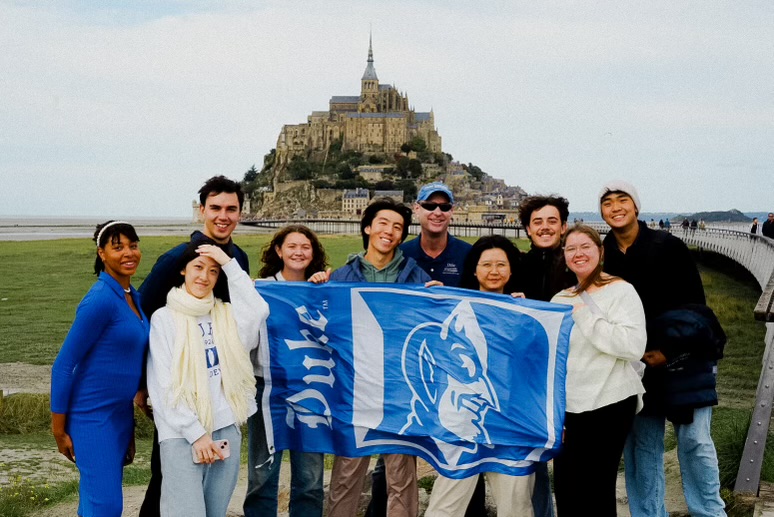
What is your greatest takeaway from Duke Immerse?
My greatest takeaway from this program is definitely the friendships and memories I made along the way. Working closely with people who shared similar interests and passions created a strong sense of camaraderie.
Whether we were out in the field, exploring new places, or working through study sessions, we supported each other and made the experience both fun and meaningful. The trips we took together, from touring sites to simply being out on the water, left me with memories I’ll cherish. Those experiences gave me not only valuable knowledge but also a network of friends and mentors I’ll carry with me beyond this program.
How will this program play into the rest of your undergraduate experience?
This program has opened new doors in my undergraduate experience by sparking a deeper interest in research, giving me a good education on the basics, and providing the opportunity to work closely with a mentor who’s been incredibly supportive.
The research I started here won’t just end with this program—I’ve become passionate about the topic and want to explore it further, building on what I’ve learned. This program has truly shaped my academic direction and added a new level of purpose to my undergraduate journey.
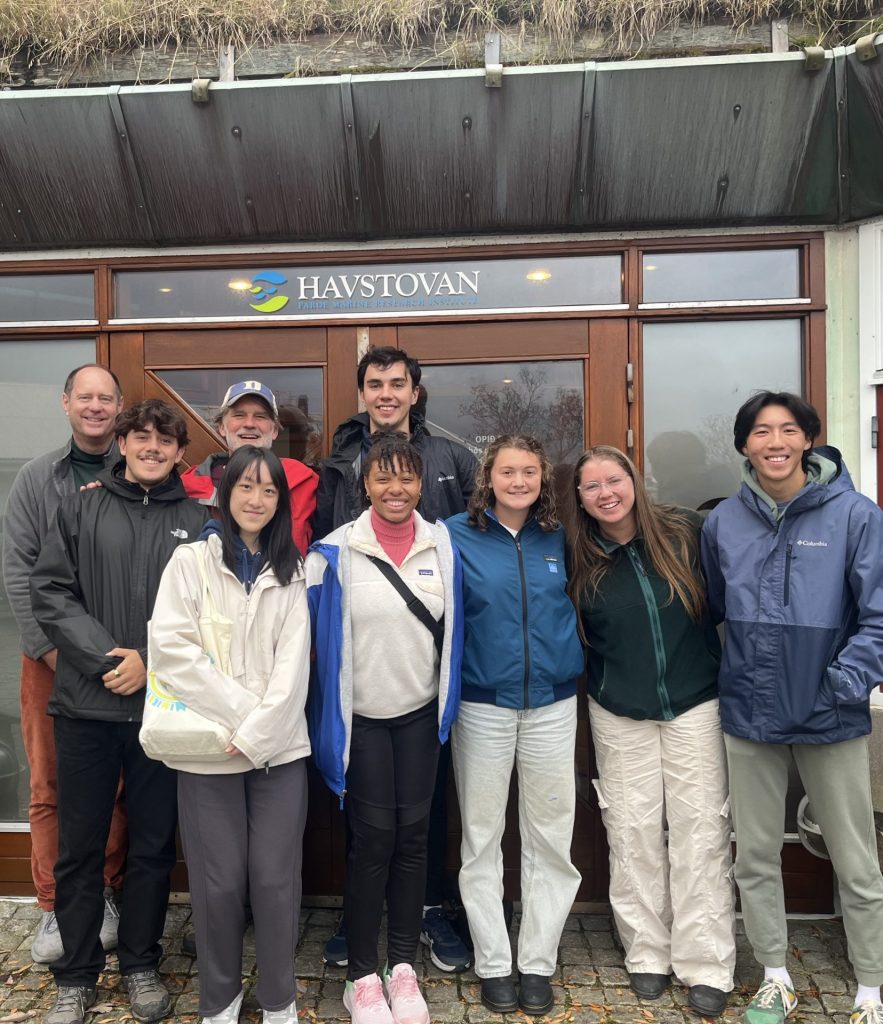
What advice do you have for other students considering this program?
If you’re looking to be truly immersed in the topic, don’t hesitate—just go for it. This program is a fantastic opportunity to dive deep into real-world applications, so be ready for an experience that’s very focused on the field.
It’s a great chance to step out of the usual classroom setting and gain hands-on exposure to issues and solutions that can’t be fully appreciated from a desk. I’d do it again in a heartbeat!
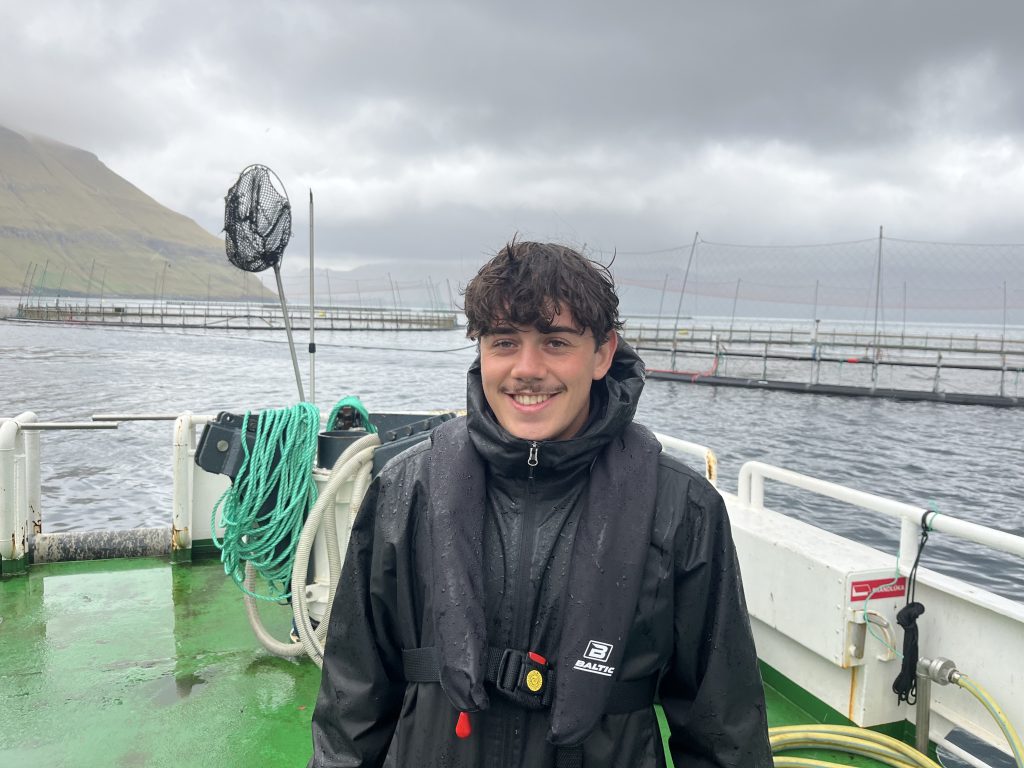
About the Author
Johann Asmus León (’26) attended the Duke Immerse Sustainability: Ocean-Based Solutions program in Fall 2024. He is a double major in Environmental Science and Public Policy at Duke.
